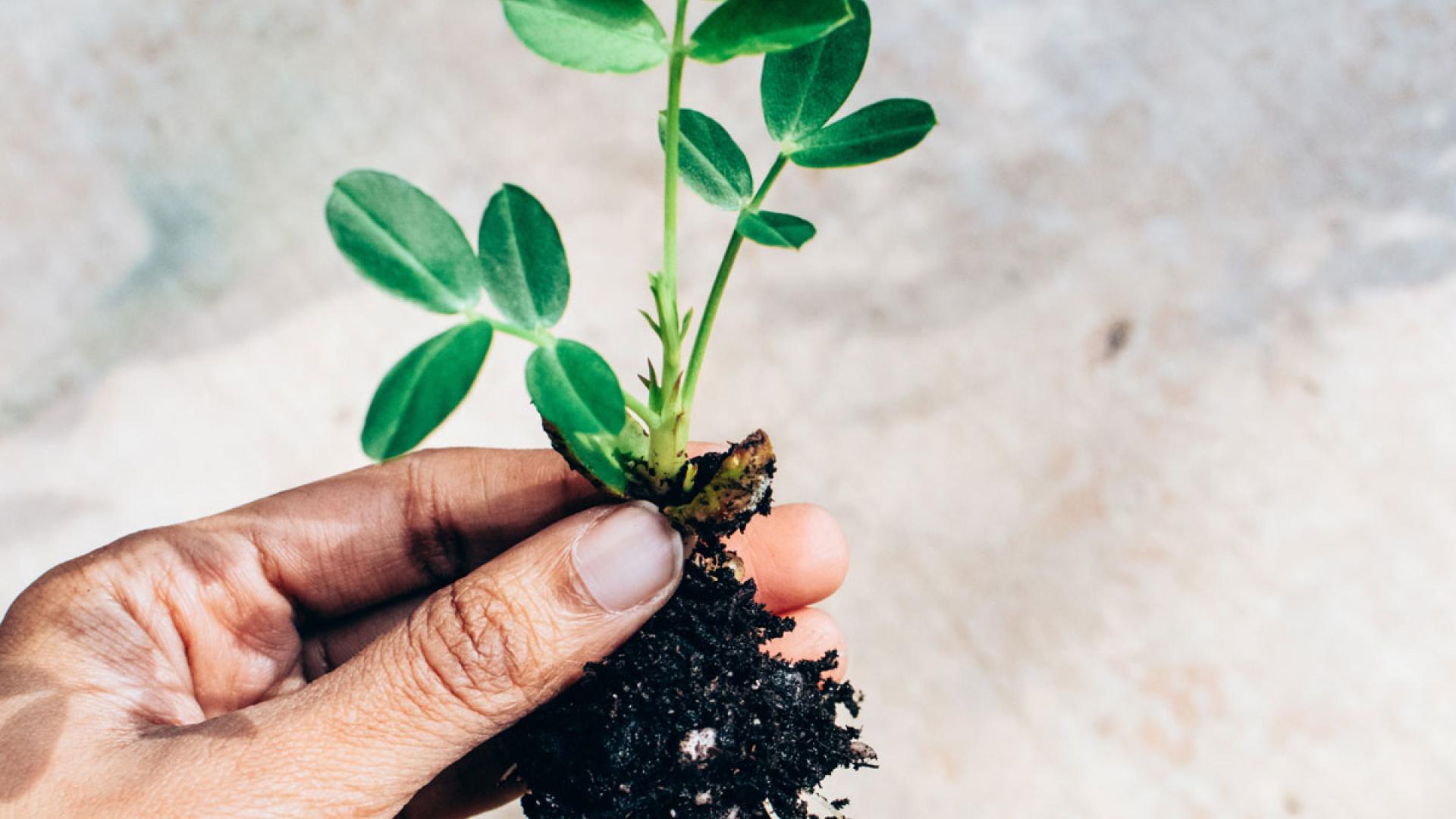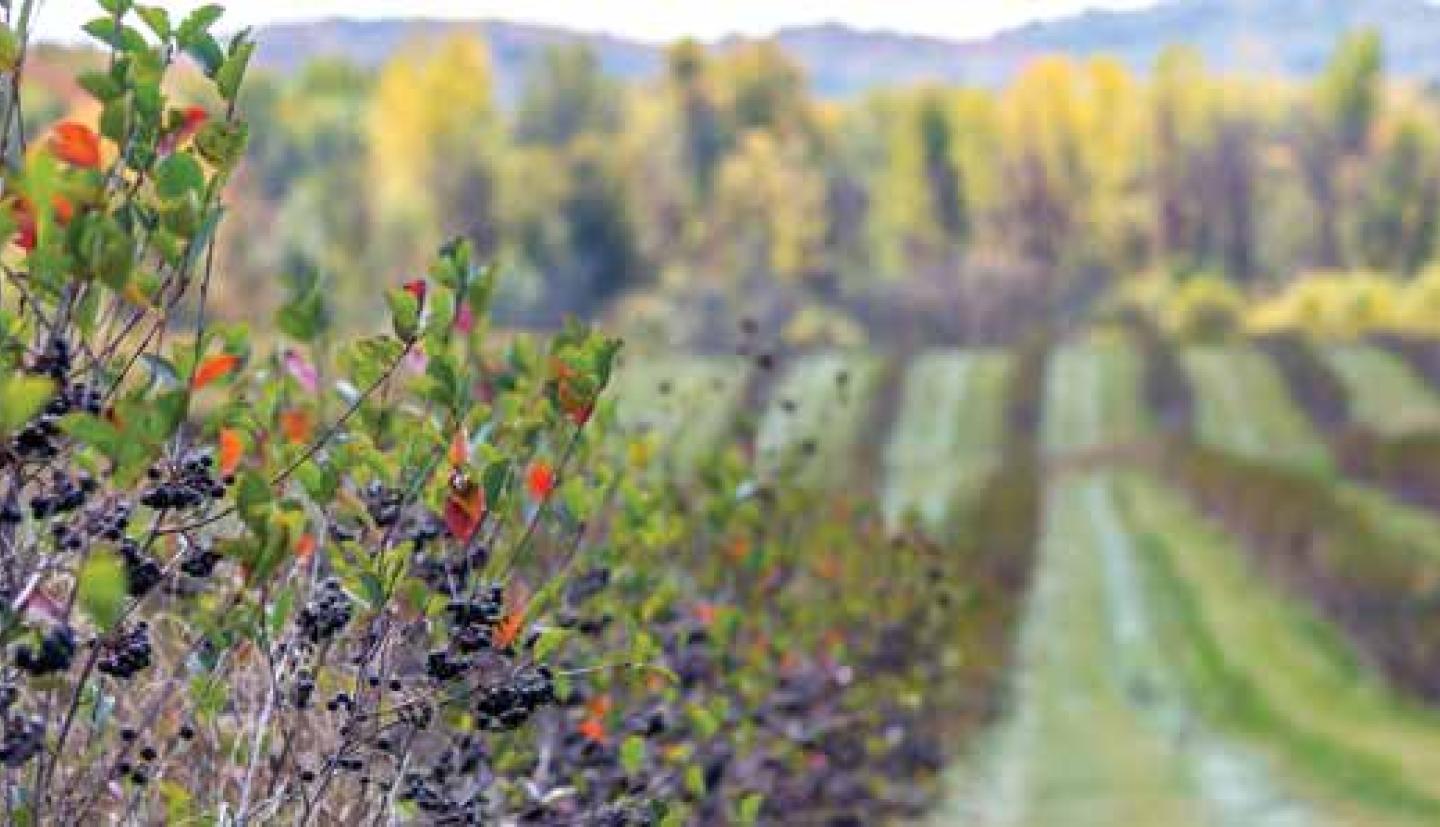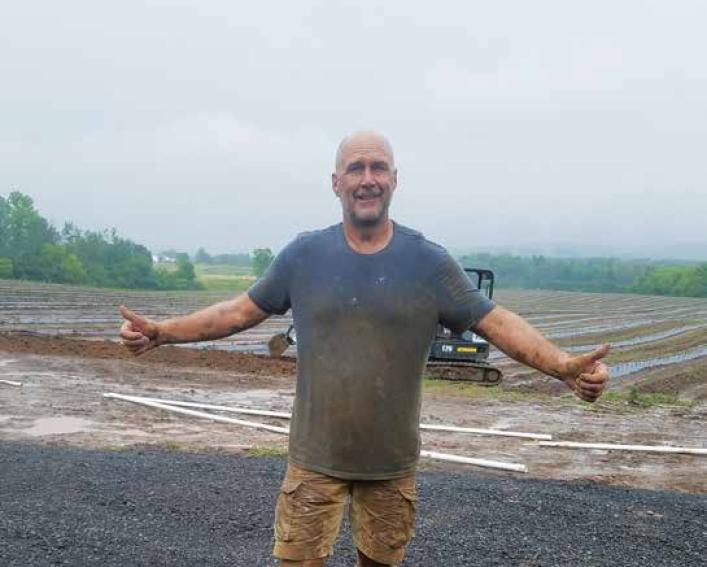Lead NY is for committed leaders in the agriculture and food industries who wish to step up and make a difference in their community. Lead NY Executive Director Larry Van De Valk sat down with Ron Ramstad (Class 5) for a conversation about leadership, working in New York state and beyond, and his advice on building a company from the ground up.
For starters, why don’t you tell us a little more about Emil’s Organics, your role there, and how it came to be
In 1995, I left my position as Marketing Director for a midsized poultry company in Upstate NY. For a year, I worked with a venture capital company evaluating and guiding food companies. Then in 1996, an opportunity in Philadelphia, PA as the CEO of a financially strapped deli company came up. The facility, staff, and financial position were in a horrible condition. I had to remove all executives and start from ground zero. I rebuilt the team, facility, and became profitable within 2 months. During the years, we were able to change from 3 SKUs for food service customers to over 75 SKUs in the retail food market. The company entered the Organic world in 2003, which was years ahead of the industry. We rebuilt the facility to become the one of the top-rated facilities in the area. This was accomplished by using the highest level of sophisticated equipment and technology. During this time all growth and improvements were accomplished by reinvestment of profits and no investment from partners. From my start in 1996 to the sale in 2019, sales increased 5 fold. The decision to sell was driven by the extreme competition in the organic sector by billion-dollar companies and high value of the real estate.
Although Emil’s was your primary business enterprise, you have a lot of other “irons in the fire” – you have an organic berry operation in Warners, NY, and a consulting company through which you have worked coast to coast, for example – please give us a little summary of some of these other enterprises you are involved in.
Three years ago, I knew that I was going to sell Emil’s. While I loved working in the deli meat industry, it was time to think of what to do next. I knew with my experiences, that I had the skills to develop a new business. When looking into this, I heard about a specialty berry that was being produced in Iowa. I went to visit several farms in Iowa and talked to the growers. What I found was a product that has very unique health benefits, but the farmers were having difficulty selling the products. With that I determined I could build my market for products from this berry. However, I firmly believed I needed to understand and grow my own berries (Aronia). With this, I found a 35-acre farm in Warners, NY. With a partner, our families planted 25,000 seedlings, put in a vast irrigation system, and picked tons of rocks from the field. This year we received our first organic certification on the farm. I started talking to people at Cornell regarding how they could help our organic Aronia berry farm. They were fantastic about introducing me to several great people. This enabled me to get exposure to the potential markets faster than I had expected. With that information, we decided I needed to harvest this year, so we could get a jump on product and market development. So, within 2 days of making this decision, I was picking up a borrowed specialty harvester from an Aronia berry grower in Nebraska. I drove it across county to our farm and had a very successful first harvest. We are now in the final stages of product development and hope to be presenting to potential customer the first of the new year. Meanwhile last year while I was completing the Emils transition, I was contacted by a buyer of a major meat company who wanted me to fix their meat thawing process. While I really wasn’t looking to get into the consulting business, I informed him I would only do this if I actually could make an impact on their overall business. They agreed and I named my new company: Solutions by A CEO.
On my first day on the site, I uncovered a huge weakness in their food safety program. Sixteen weeks later I had completed a full reorganization of this department and functions within. I have since been hired to look at the other 25 food divisions that this company owns.







